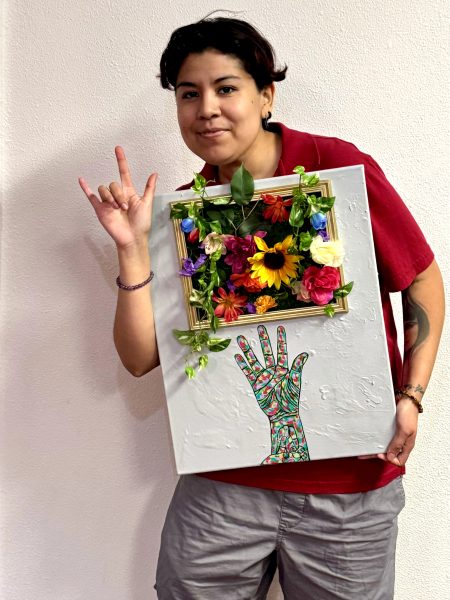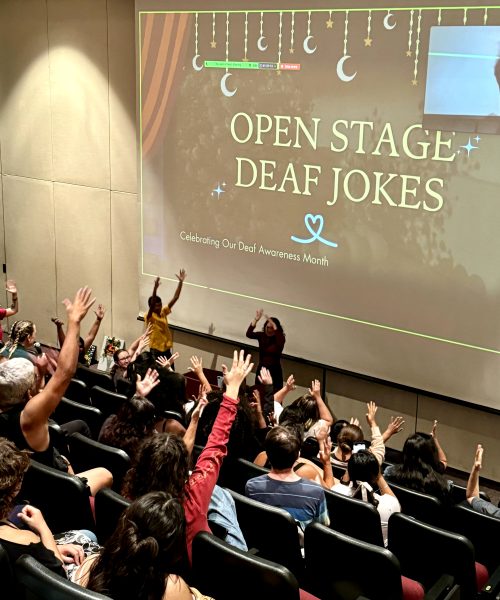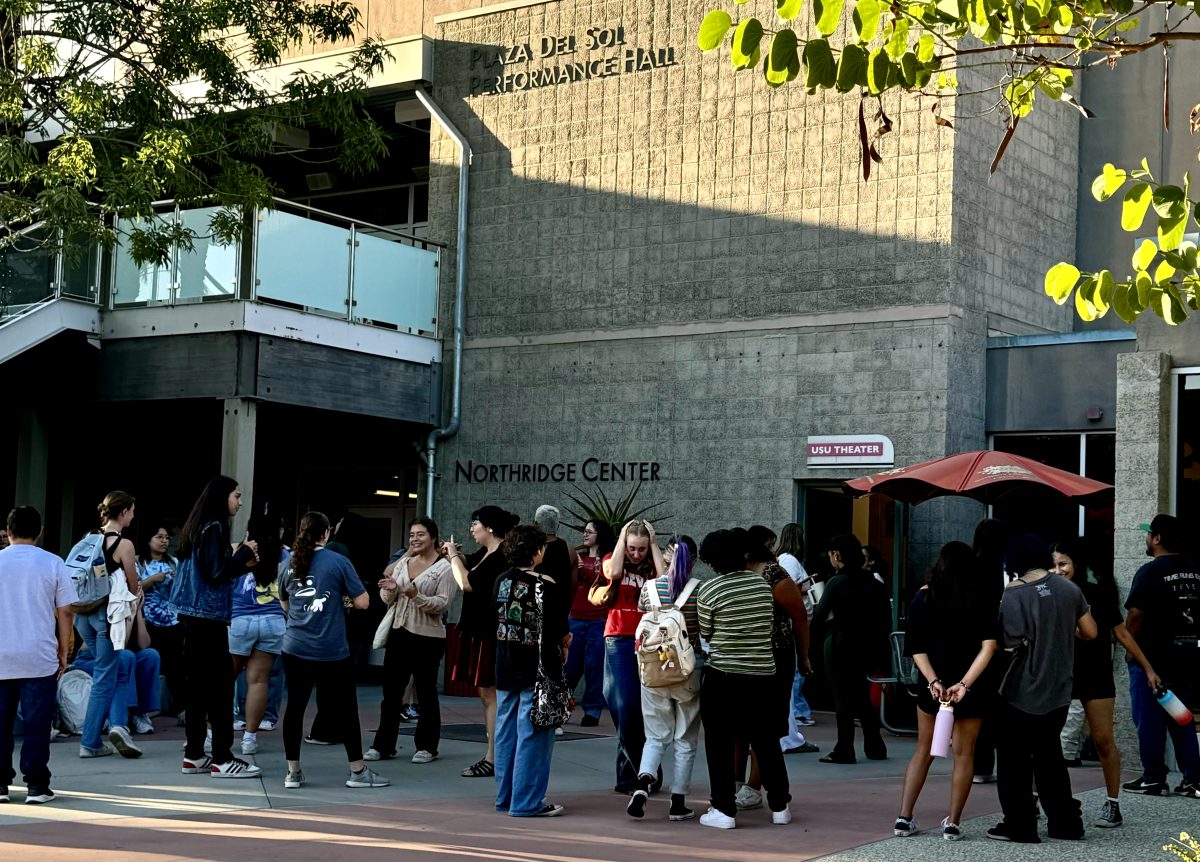Emphasizing the importance of inclusion, education and building connections between the Deaf and Hard of Hearing communities on campus, the Deaf Studies Association and Deaf CSUNians Club hosted an “Introduction to Deaf Culture 101” event on Sept. 24. Students and community members gathered to immerse themselves in Deaf culture, learning from personal stories, humor and advocacy.
Attendees at the event learned about Deaf culture, Deaf community, and what it means to be an ally to the community. This event, hosted in collaboration with Deaf Studies Association (DSA), aimed to promote a more connected community on campus.

“What I hope people take away from this workshop is some more education about what it means to be apart of the Deaf community, how to interact with deaf people, learn a little bit more about our history and our stories, and what to say and what not to say, because we are an underserved community in this world… we shouldn’t be excluded,” said Deaf CSUNians’ Vice President Martha Jaimes-Suazo. “We are here to learn from each other, and it’s okay to make mistakes, but the key here is that the Deaf community is valued and deserves to exist.”
While attendees waited in line outside of the University Student Union (USU) waiting for the event to begin, the hosts introduced games in American Sign Language to help pass the time.
“I think it’s important to share Deaf culture, because there’s such a divide between the hearing world and deaf world, but we need much more inclusion. We need to be a part of each other’s lives… if we don’t share that knowledge we’re going to continue feeling like we can’t communicate [together] or get along… we don’t want to feel isolated and undervalued in this world,” said Teresa Truong, political action committee of Deaf CSUNians.
Stacy Eilbert, an educator at California School for the Deaf in Fremont and Ohlone College, and Diana Lopez, a deaf artist from Los Angeles, served as guest speakers. Eilbert discussed about deaf heritage, and the community’s history at CSUN, noting that the university was the first university to offer integrated programs for deaf students. Lopez shared their personal artwork, and what it meant for them as they found their place in the world. Both speakers emphasized the importance of advocacy and inclusion, drawing from their personal experiences as deaf individuals.
“…I was broken and that I needed to be fixed because of my hearing loss, but no. I don’t need to be fixed. I am just a human, who cannot speak or hear. I am a puppet, and I am free, so I cut off my strings and no one can control me anymore,” said Lopez.

After the presentations, the floor opened for audience members to share deaf-related jokes, introducing many attendees to a unique kind of humor during the “Open Stage: Deaf Jokes” segment.
“The information from this workshop can really apply to everyday life in a variety of ways,” said Laura Celis, social justice member of DSA. “You can apply this to what your perspective is on the Deaf community, really look at any misconceptions or stigmas that you’ve been holding on to that need to be changed.”
Attendees outside of the Deaf community took the time to engage and learn from Deaf CSUNians, strengthening their connection to their deaf and hard-of-hearing peers.
After the event, crowds gathered outside of the USU for snacks and refreshments, continuing to socialize even as the event concluded. “I realized that Deaf culture has so much to offer… It offers an opportunity for me to express myself, and to meet people who have a shared experience with me and similarities in ways that I couldn’t have imagined before,” said Teija Kishna, president of Deaf CSUNians. “I mean, if I hadn’t found Deaf culture, I don’t know where I’d be in this world, but I wouldn’t be here. Deaf culture saved my life!”






